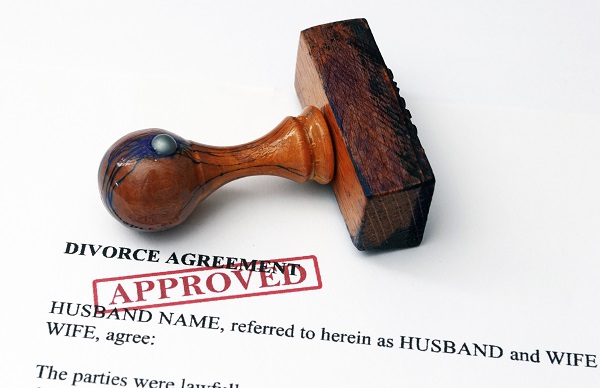A California restraining order “(also called a ‘protective order’) is a court order that can protect someone from being physically or sexually abused, threatened, stalked, or harassed.” But can a restraining order keep you safe? Certified Family Law Specialist Judy L. Burger explains the basic provisions of California restraining orders and how they work.
Types of Restraining Orders
Restraining orders in California can include prohibitions or guidelines for:
- Personal Conduct
- Distance Exclusions (Stay-Away Orders)
- Moving Out (Residence Exclusion Orders)
These orders come in various types:
- Domestic Violence Restraining Order
- Elder or Dependent Adult Abuse Restraining Order
- Civil Harassment Restraining Order
- Workplace Violence Restraining Order
- Gun Restraining Order
The subject of the restraining order has restrictions that govern their:
- Movements
- Freedoms
- Living arrangements
- Custody and visitation rights
- Immigration and naturalization status or privileges
Restraining orders are designed to keep parties separate and govern the actions of one party to minimize or eliminate the risk of harassment, intimidation, and violence.
When Should I File for a Restraining Order?
Many California residents struggle with the question of when it is appropriate or necessary to file for a restraining order with the court. They ask, “How far is too far?” or “How much should I endure?” before a restraining order is warranted. However, if you are asking that question, it may already be time to seek legal protections.
If you ask, “How far is too far?” or “How much should I endure?” before a restraining order is warranted, it is likely time to seek legal protection.
Contact The Law Offices of Judy L. Burger for assistance with obtaining a California restraining order or call the National Domestic Violence Hotline at 1-800-799-7233 for immediate help.
If the restrained person violates the restraining order, they may be subject to imprisonment, a fine, or both.
Be Proactive About Your Safety
A legal protection order is a strong defense, but it is only one aspect of protection. You should be proactive about your own safety and the safety of your child(ren). Family Law Attorney Judy Burger can discuss specific provisions with you, but we recommend taking the following actions:
- Being aware of your surroundings at all times
- Keeping doors and windows locked at all times
- Avoiding places or areas where the risk of confrontation is high
- Do not share your residence information, plans, or whereabouts on social media or with anyone
- Create an emergency plan in case you need to leave your home or another location
- Use a third party for any necessary communications with the restraining order subject
- Immediately report all violations of the restraining order’s provisions
Certified CA Family Law Specialist Judy Burger can walk with you through the difficult circumstances that prompt filing for a domestic violence restraining order in California and help you keep yourself and your children safe. Contact one of our eight offices across the state for more information.
Get Help Filing for a Domestic Violence Restraining Order
The Law Offices of Judy L. Burger can help you file a petition to the court for various restraining orders. The petition outlines the details of the threats or abuse prompting the order request and includes dates, locations, and all relevant facts. We will also help you collect evidence like videos, images, social media posts, damaged property, physical evidence on your body, medical reports, witness statements, and more. Our team will also help you determine the type of restraining order you need and what you need it to do.











